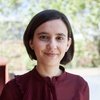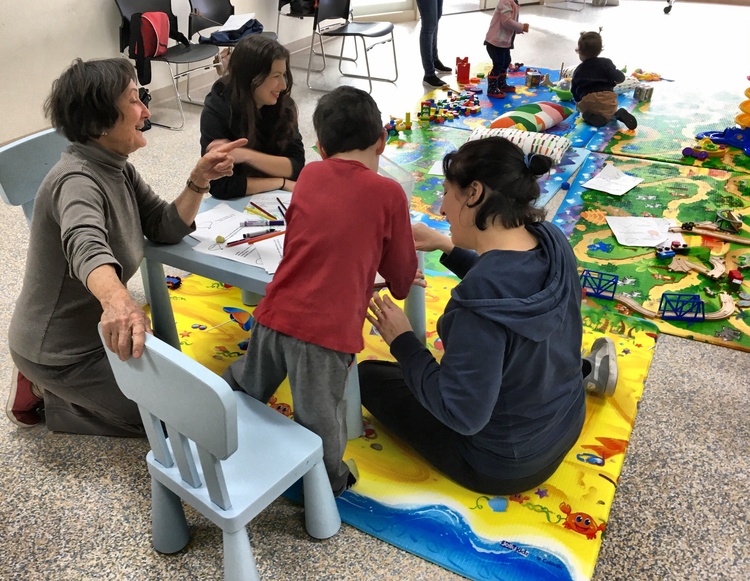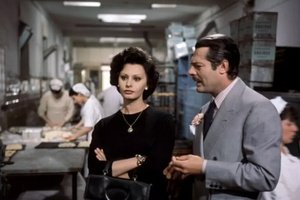Going by comments from those within the society, it seems that this objective is certainly being achieved.
Every week, two scheduled appointments take place with the aim of engaging with families from different parts of Adelaide, and from all walks of life.
They could be Italians who have arrived Down Under just recently, or second-generation Italo-Australians who want to pass on their culture and traditions to their children and perhaps brush up on their own language skills.
Taking place every Friday from 2:30 pm to 4:00 pm at the Multicultural Communities Council of SA, the weekday playgroup is run by Isabella Bracco, a mum who arrived from Milan last November.
Meanwhile, Saturday playgroup is held from 11:00 am to 12:30 pm at the Campbelltown Library, and is led by Neapolitan child care worker, Pamela.
The structure of the two groups is similar: after some free time, children are introduced to the theme and activity of the day, followed by a segment of songs or stories in Italian, always linked to a specific topic.
The playgroup isn’t intended to be a language lesson as such, but more of an opportunity for children to become exposed to the language in a fun way, and a chance for them to develop their first contact with other kids their age.
Obviously the approach changes slightly, depending on whether the child is 18 months old or 5 years old and nearly ready for school.
“[Many of the children] don’t speak Italian at all,” Ms Bracco said.
But thanks to this gradual weekly journey, they are beginning to repeat words, song lines and recurrent expressions.
In the afternoon, the children participate in a moment of packing up and cleaning.
Parents or grandparents (as is the case with Giuliana Otmarich) are present throughout the entire session, which becomes precious bonding time and allows different families to interact and create somewhat of a small community.
For Ms Otmarich, who was born in Fiume and migrated to Australia with her parents at the age of four, the playgroup has also become a place in which her youngest grandchild, Henry, 5, has understood for the first time that Italian is not only the language spoken at nonna’s house, but also an instrument for playing and communicating with other people.
With a long career of teaching languages under her belt, Ms Otmarich has noticed a change in her grandson’s attitude towards Italian from when he began attending playgroup.
Before, Henry would listen to his nonna speak in Italian, but not actively respond (he would even reject any attempts by his father to engage with him in Italian).
Now, he seems to be slowly overcoming this obstacle with the use of Italian words and phrases at playgroup.
“Though the group is not characterised by formal teaching, Henry has gradually understood that Italian is useful,” Ms Otmarich said.
The nonna shared that she would like to take Henry and her other four grandchildren (who study Italian at school) to Italy for an immersive experience, as she did with her son when he was six and 12 years old.
In the meantime, the playgroup is a fun first step which is worth trying out.
For more information on availability and fees, email info@ladantesa.com or call 0417 826 469.












